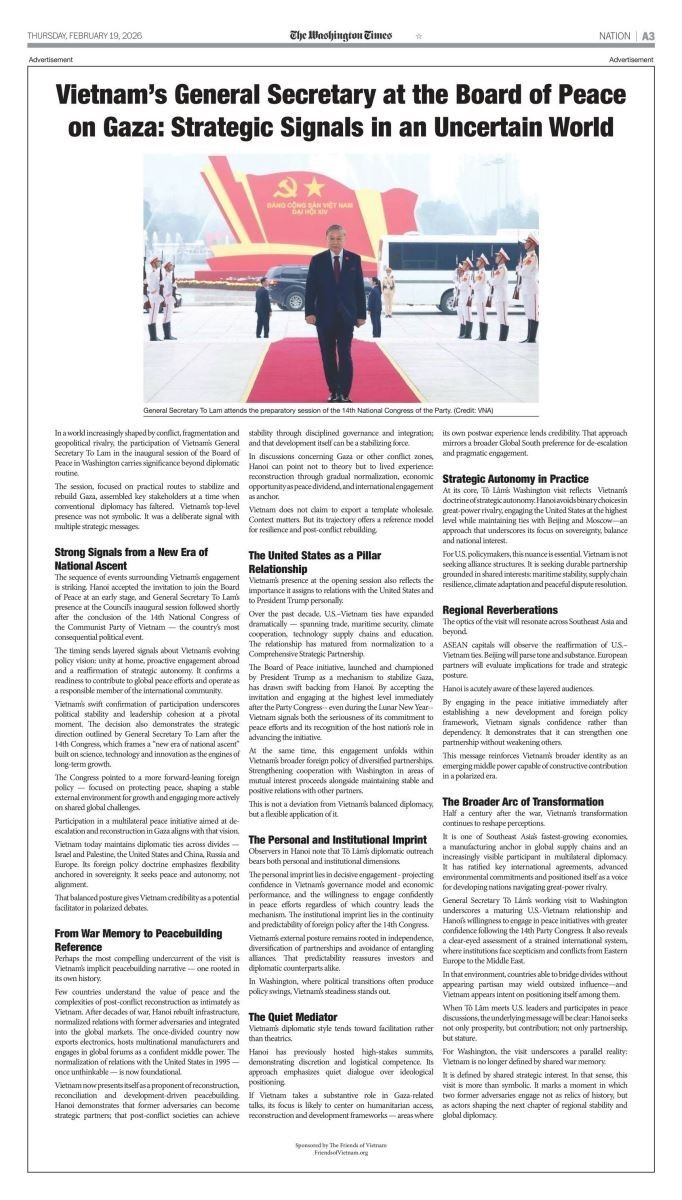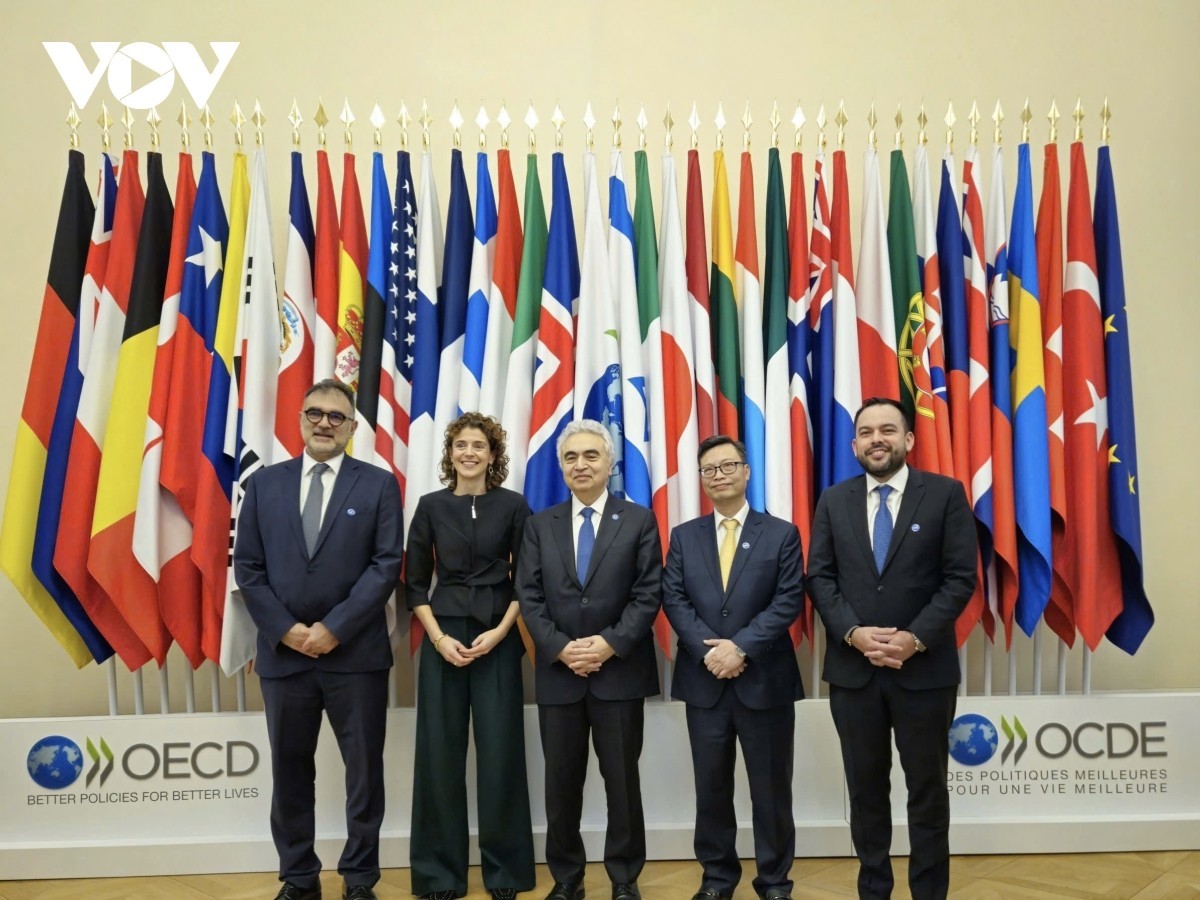Singapore investigates foreigners' involvement in massive money laundering scandal
In mid-August, Singapore police arrested ten foreign nationals and conducted raids, seizing luxury items such as Hermes handbags, Patek Philippe watches, aged Macallan whisky, Bentley, and Rolls-Royce cars.
The scandal revolves around more than USD 2.4 billion worth of assets, shaking up the Asian financial hub. Consequently, Singaporean banks have become cautious regarding clients of Chinese origin holding other citizenships, following the exposure of this money laundering scheme, according to Khabarhub, a Nepali digital news media.
Several banks have revised their rules, particularly for clients of Chinese origin who possess investment-linked passports. Some international banks are even closing accounts of clients with citizenship from countries like Cambodia, Cyprus, Turkey, and Vanuatu.
Singapore has intensified efforts to strengthen its anti-money laundering framework since island-wide raids on August 15 led to the arrest and charging of ten wealthy individuals of Chinese origin, describing it as “one of the most serious, if not the worst, money-laundering cases in Singapore.”
Of the ten suspects, three are current Chinese nationals, while the rest hold different primary passports but have origins in Fujian. They were also found with Chinese passports.
The case has affected Singapore’s reputation, given the involvement of Chinese nationals in the scandal. It is important to note that Singapore initiated the investigation independently, denying any influence or request from the Chinese government.
The Singapore Police Force has seized USD 1.8 billion in cash and assets from the ten individuals, including properties, vehicles, cash, luxury items, and jewelry. These assets are believed to be the proceeds of organized crime committed overseas, including scams and online gambling, with funds laundered through Singapore’s financial institutions, as reported by Khabarhub.
Singapore’s reputation as a clean and efficient financial hub has taken a hit, but experts believe that the case has also damaged China’s image due to the involvement of its nationals.
The case includes individuals like Fujian Wang Bingang, who profited from illegal online gambling services offered to Chinese players. Wang formed his group in 2012 and made substantial profits through the Hongli International gambling site in the Philippines and Cambodia.
Financial institutions are now scrutinizing all new account registrations and transactions involving individuals of Chinese origin. They are assessing and, in some cases, restricting transactions from users with citizenship from other nations. Accounts of customers from Vanuatu, Dominica, Cyprus, Cambodia, and Turkey are being closed.
The focus is on Singapore’s efforts to prevent Chinese nationals from engaging in money laundering practices, with the country’s attractive financial environment and proximity to China being key factors driving such illicit activities, Khabarhub reported. (ANI)
Recommended
India has strengthened its position after the AI Impact Summit in Delhi
 World
World
High-Level Segment of 61st Session of the UN Human Rights Council Opens in Geneva
 World
World
US Media Commend Vietnam’s Role in Global Peace Efforts
 World
World
Vietnam Officially Becomes Association Country of International Energy Agency (IEA)
Popular article
 World
World
Key pacts signed as PM Modi hosts France's Macron for plane cooperation
 World
World
India, Canada commit to strengthening bilateral ties, discuss trade
 World
World
AI Summit India 2026 Live Updates: ‘Bringing the world together,’ PM Modi welcomes leaders as India hosts AI summit
 World
World



